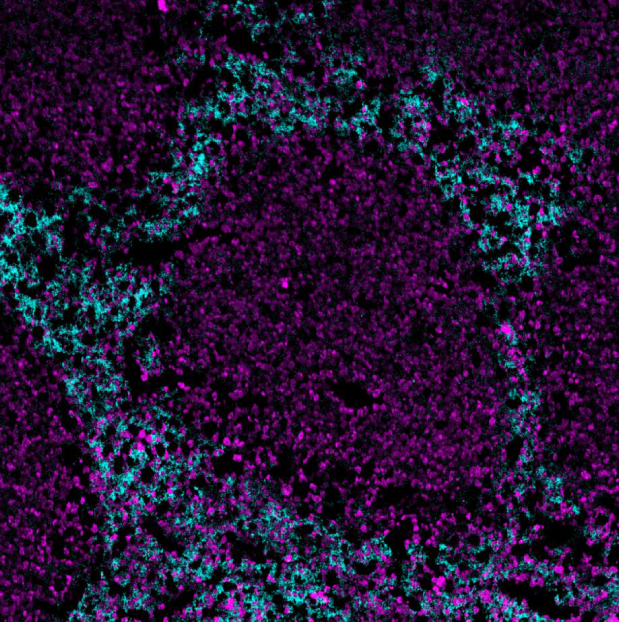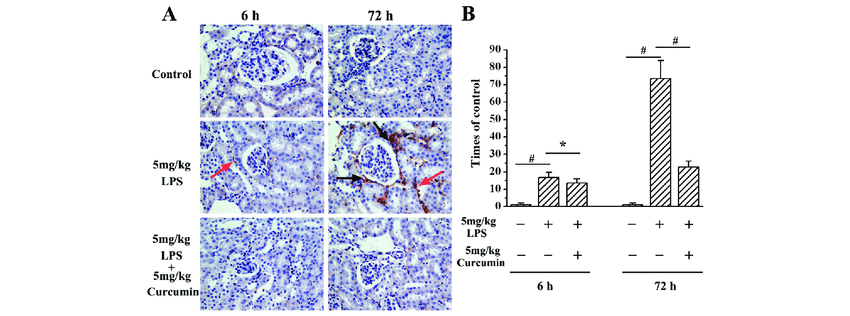F4 80 Marker
F4/80 is a monoclonal antibody that specifically binds to F4/80 antigen, a surface protein expressed on macrophages. It is a widely used marker for identifying and characterizing macrophages in various tissues and cell cultures.

F4/80 antigen is a glycoprotein that belongs to the EGF-TM7 family of membrane proteins. It is expressed on mature macrophages, including Kupffer cells in the liver, splenic red pulp macrophages, microglia in the brain, and Langerhans cells in the skin. F4/80 antigen is thought to play a role in macrophage adhesion, migration, and phagocytosis.
F4/80 antibody is a valuable tool for studying macrophage biology and function. It can be used to identify and isolate macrophages from different tissues and cell cultures. F4/80 antibody can also be used to track the movement and distribution of macrophages in vivo.
Here are some of the applications of F4/80 antibody:
- Immunohistochemistry and immunofluorescence microscopy: F4/80 antibody can be used to stain macrophages in tissue sections and cell cultures. This allows researchers to visualize the distribution and morphology of macrophages.
- Flow cytometry: F4/80 antibody can be used to label macrophages for flow cytometry analysis. This allows researchers to isolate and characterize macrophages based on their surface protein expression.
- Macrophage depletion: F4/80 antibody can be used to deplete macrophages from tissues and cell cultures. This allows researchers to study the role of macrophages in various biological processes.
F4/80 antibody is a powerful tool for studying macrophage biology and function. It is widely used by researchers in immunology, cancer biology, and other fields.

